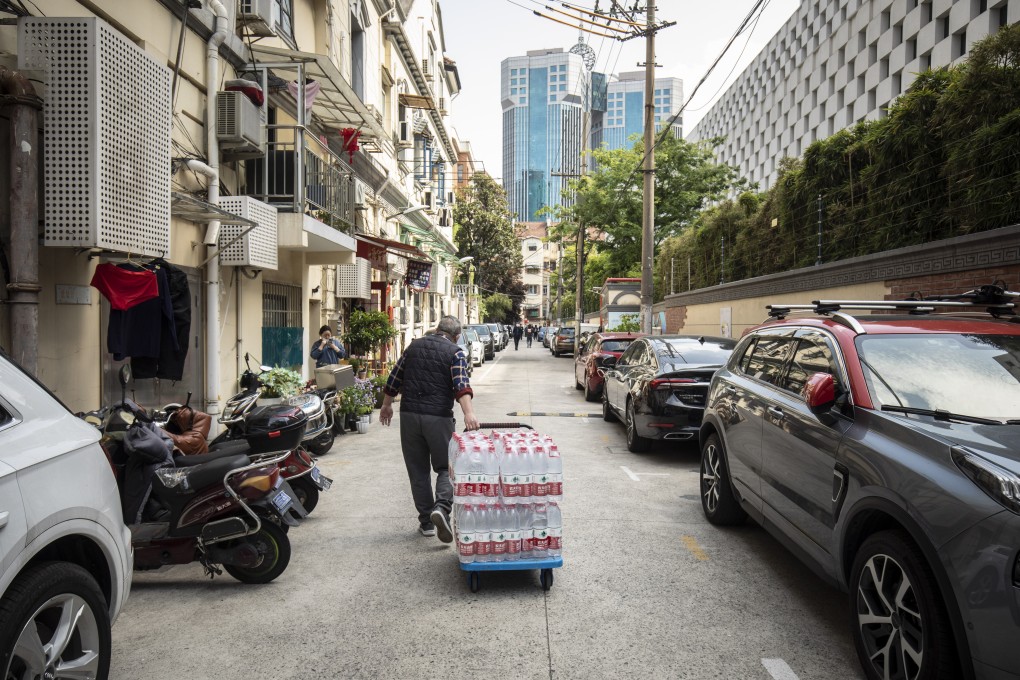Shanghai lockdown: China takes steps to shore up supply chains by putting Tesla and SMIC on ‘white list’
- Under this system, the government will hand-pick businesses from different sectors deemed as strategically important
- By allowing key producers to function as normally as possible, China is aiming to reduce the impact of strict lockdown measures

Chinese authorities are taking steps to shore up supply chains that have been battered by strict lockdown measures, including drawing up “white lists” of companies that can resume production and operations.
Under this system, the government will hand-pick businesses from different sectors deemed as strategically important for the economy and society and exempt them from certain lockdown restrictions.
The Shanghai Commission of Economy and Information Technology, the city’s industrial development authority, said last Friday that it had picked 666 companies, mainly in the automobile, semiconductor and energy industries, to resume production.
The Shanghai government did not give the reasons why it chose these specific companies to resume operations. The city has about 50,000 registered industrial firms and companies on the list included China’s largest chip maker, Semiconductor Manufacturing International Corporation, the city’s state-owned carmaker SAIC Motor Corp, and the gigafactory of electric carmaker Tesla.
The white-list system – already informally practised by many local authorities – was endorsed by a central government meeting on Monday, chaired by Vice Premier Liu He. Government agencies must now establish “white lists” of key enterprises in the automobile, semiconductor, consumer electronics, machine toolmaking, agricultural equipment, food and pharmaceutical sectors.
